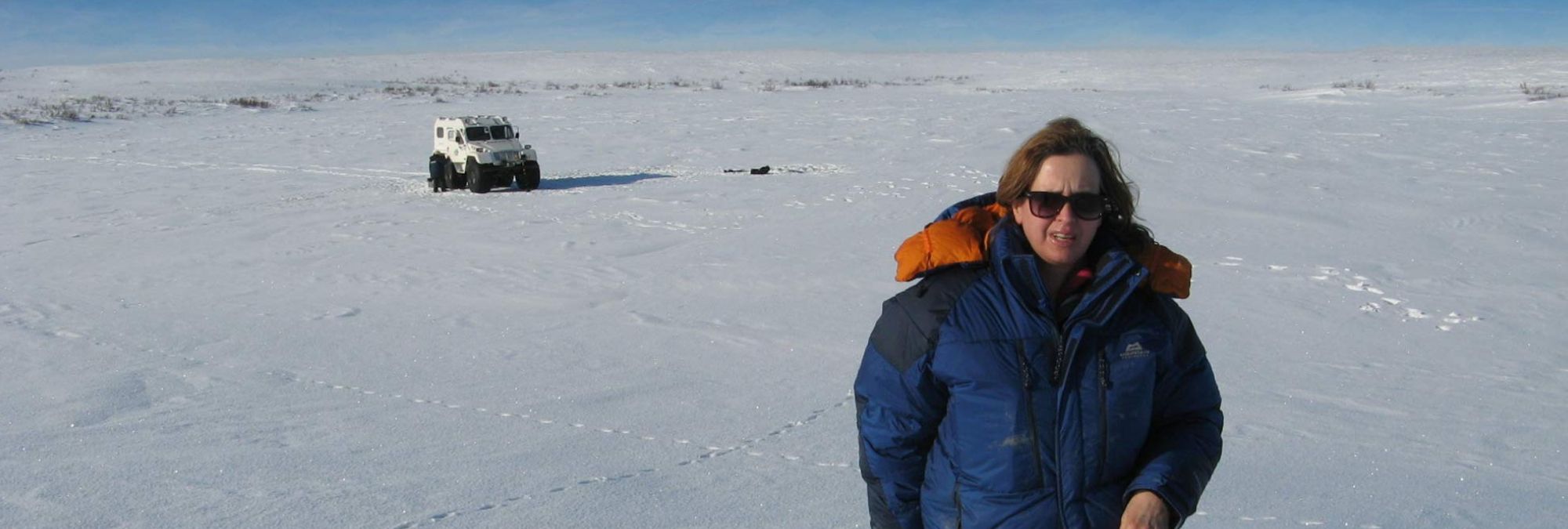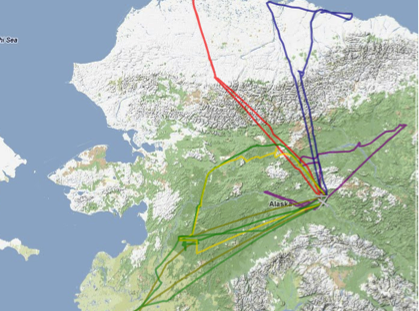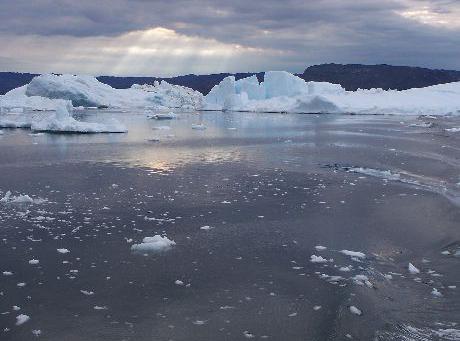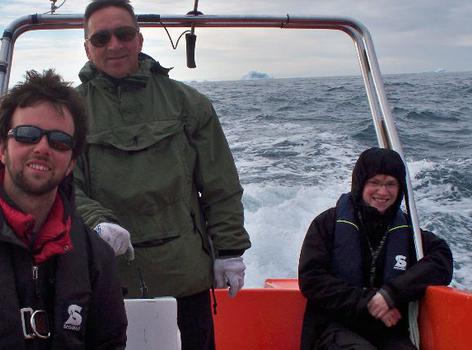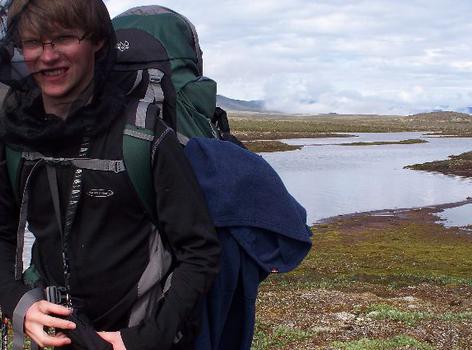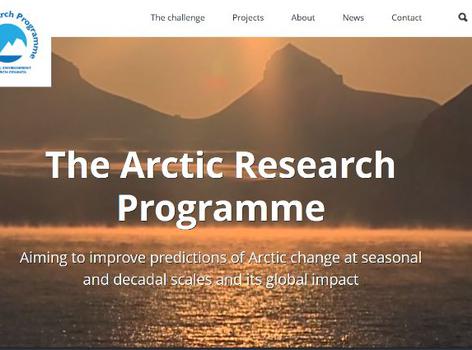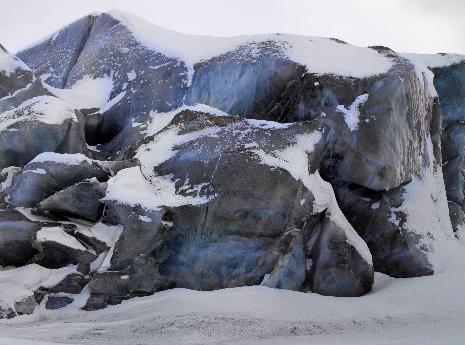Lakes and the Arctic Carbon Cycle (LAC)
As the Arctic becomes warmer, plants are steadily migrating northwards into areas they could previously not survive in. This process is called “greening” and has already been observed around the Arctic. In Russia, it is thought that trees might grow all the way to the country’s northern coastline by 2100.
At first sight, this appears to be a good thing because plants act as carbon sinks and thus help reduce the buildup of greenhouse gases in the atmosphere. However, many complex processes are at work here and affect the carbon cycle, so it is unclear whether the net effect on greenhouse gas emissions will be positive or negative.
LAC
The study of sediment records from Arctic lakes in Russia, Greenland and Alaska to determine vegetation changes associated with past climate warming events, and how these have impacted on the lakes’ role as carbon sinks or carbon emitters.
Sisimiut (BGSS)
View our interactive mapLakes play a particularly important role in the interaction between climate, vegetation and soils. Not only do their sediment deposits contain accurate records of past changes in regional carbon cycles, but they also produce methane, making them important parts of the terrestrial carbon cycle themselves. The biological processes in Arctic lakes, controlled by their flora and fauna, determine whether a lake will be a net carbon sink or carbon emitter. Since the species composition and carbon-fixing productivity of a lake depend on the vegetation surrounding it, determining how Arctic lakes will change in response to vegetation shifts is an important undertaking.
This project therefore aims to study sediment records from Arctic lakes to determine vegetation changes associated with past climate warming events, and how these impacted on the lakes’ role as carbon sinks or carbon emitters. The team will be studying groups of lakes around the Arctic – near Walker Lake in Alaska’s Brooks Range, near Sisumiut in south west Greenland and in the Komi Republic of Russia – so that a range of vegetation transitions can be studied, helping understand what contribution Arctic lakes will make to global climate change.
The LAC team have a blog that can be found at http://arcticlakes.wordpress.com/
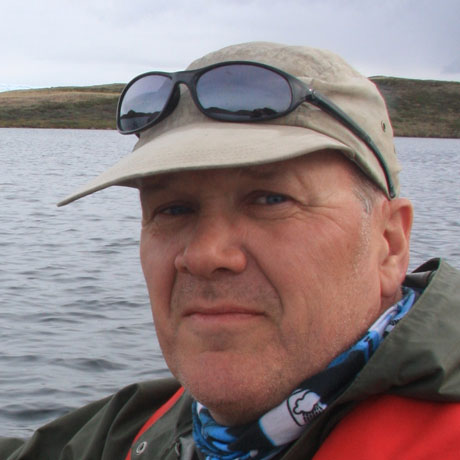
Professor John Anderson, Lead Investigator
Professor Anderson leads the Polar & Arctic Research Group at the Department of Geography at Loughborough University, although he currently holds a Senior Visiting Professorship at the Nanjing Institute of Geography and Limnology in China.
He is particularly interested in limnology (the study of freshwater), using sediment records from lake beds to investigate how both human and natural processes have affected the structure and functioning of lakes and their interaction with their surroundings over various timescales. Lake ecosystems exhibit changes in response to processes at all timescales, from diurnal and seasonal changes in response to heat and energy budget changes to longer-term adjustments to vegetation changes in the lake catchment, a process particularly relevant to the LAC project.
Since undertaking studies and beginning his career in Scandinavia, Professor Anderson has studied southwest Greenland in particular for well over a decade. The Kangerlussuaq area in particular has been of considerable interest to him, with its thousands of limnologically diverse lakes which are sensitive to regional changes in climate. They are therefore useful for studying past changes in regional climate and the lakes’ biological responses to these.
Professor Anderson has recently been awarded the prestigious Wolfson Research Merit Award by the Royal Society.
